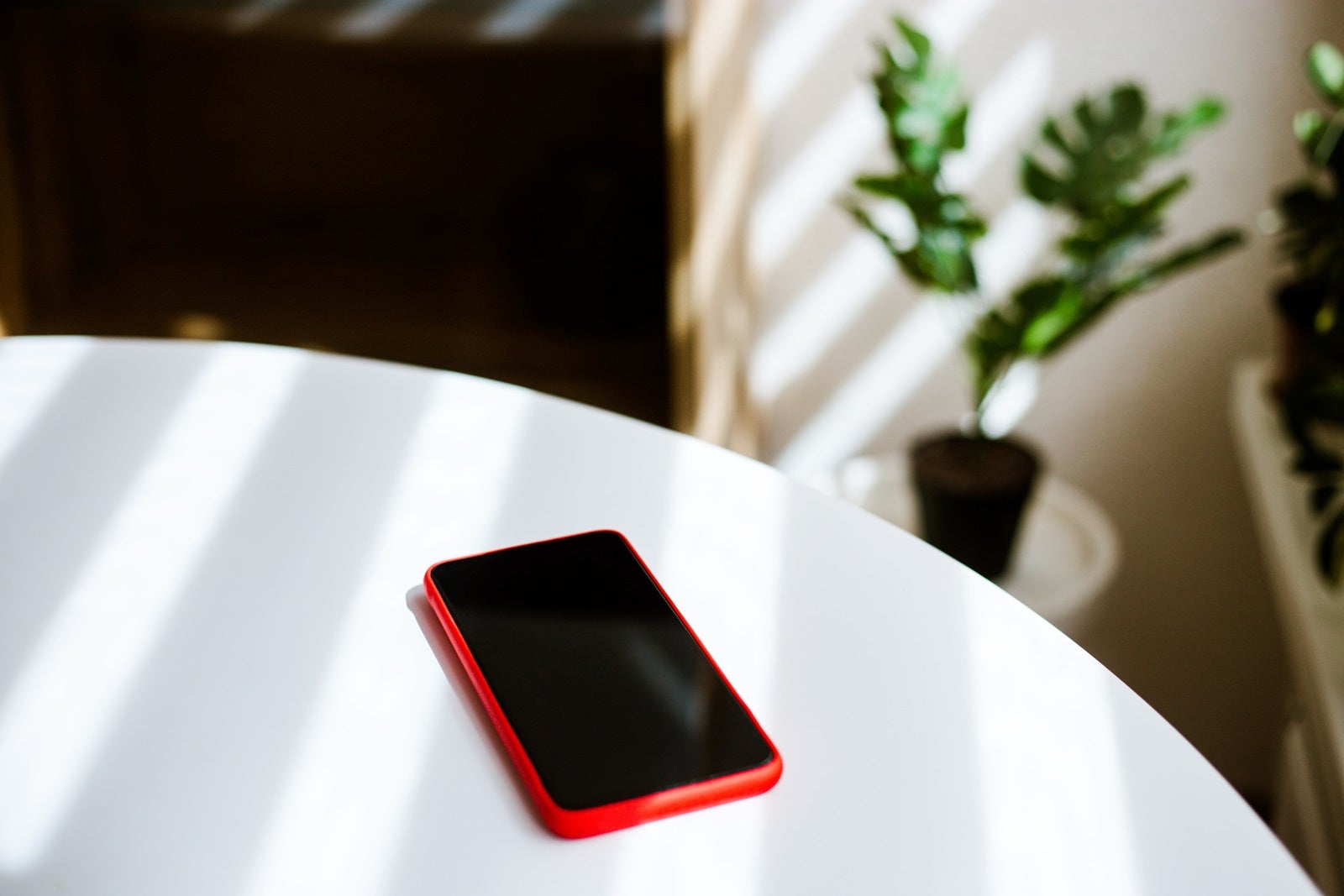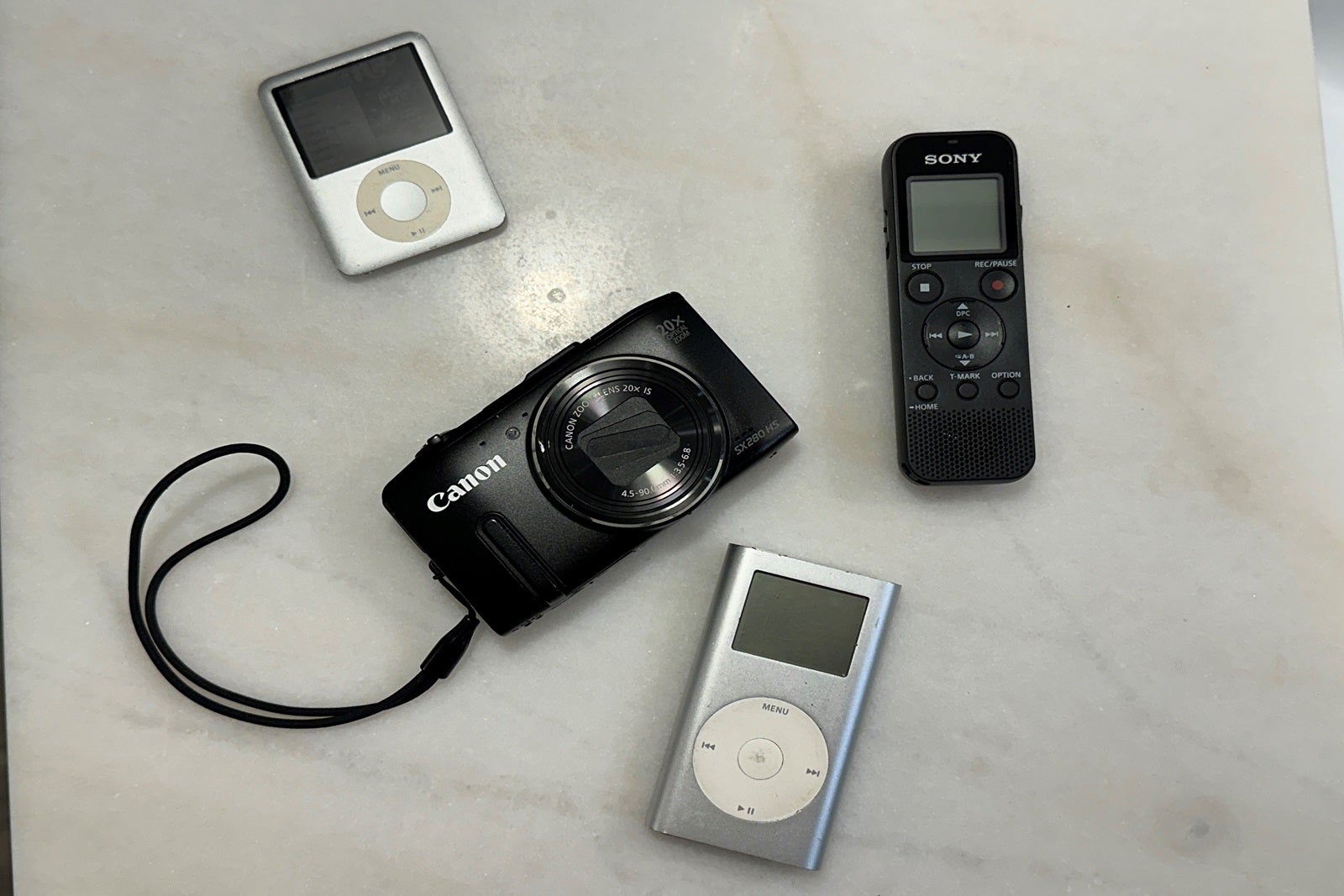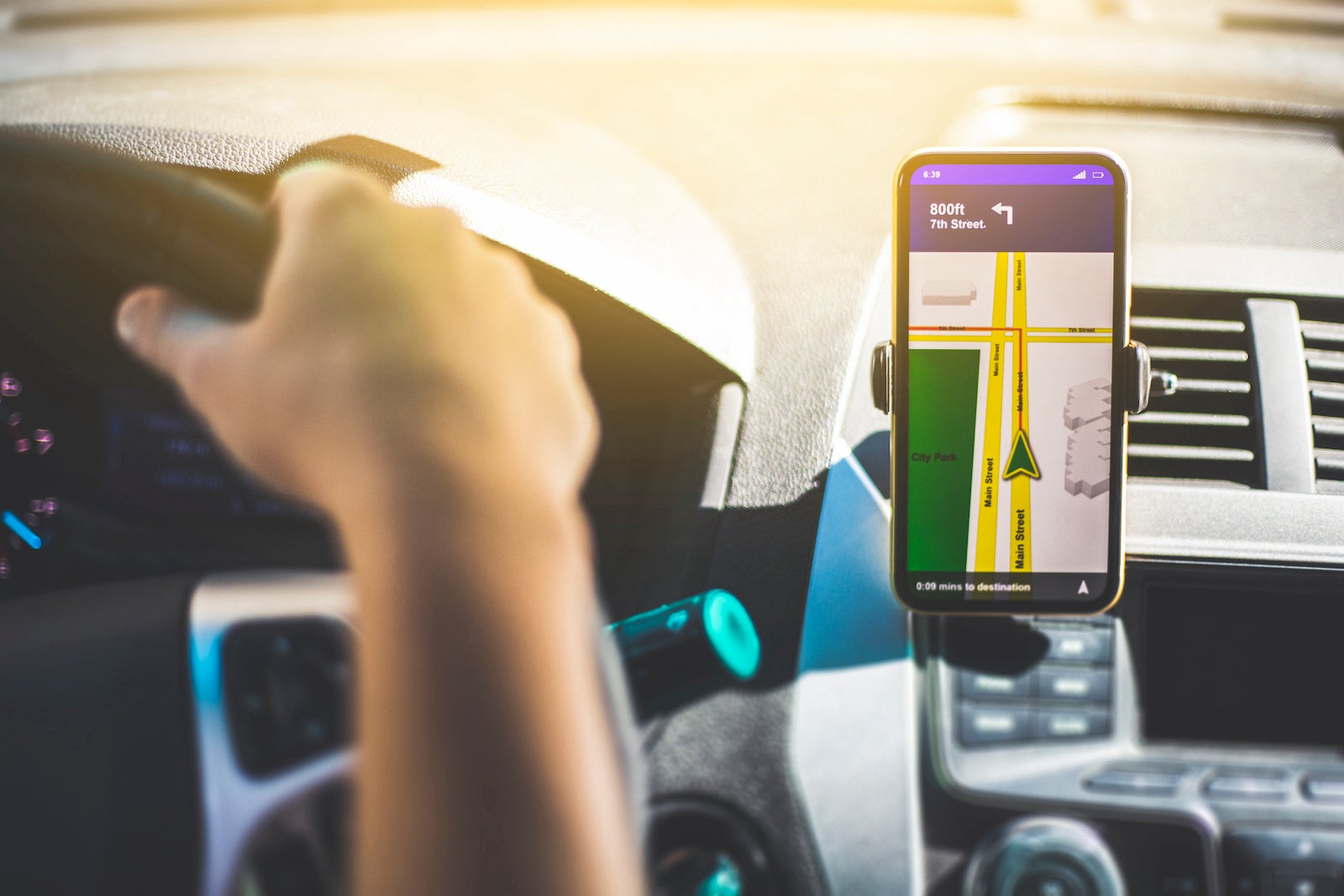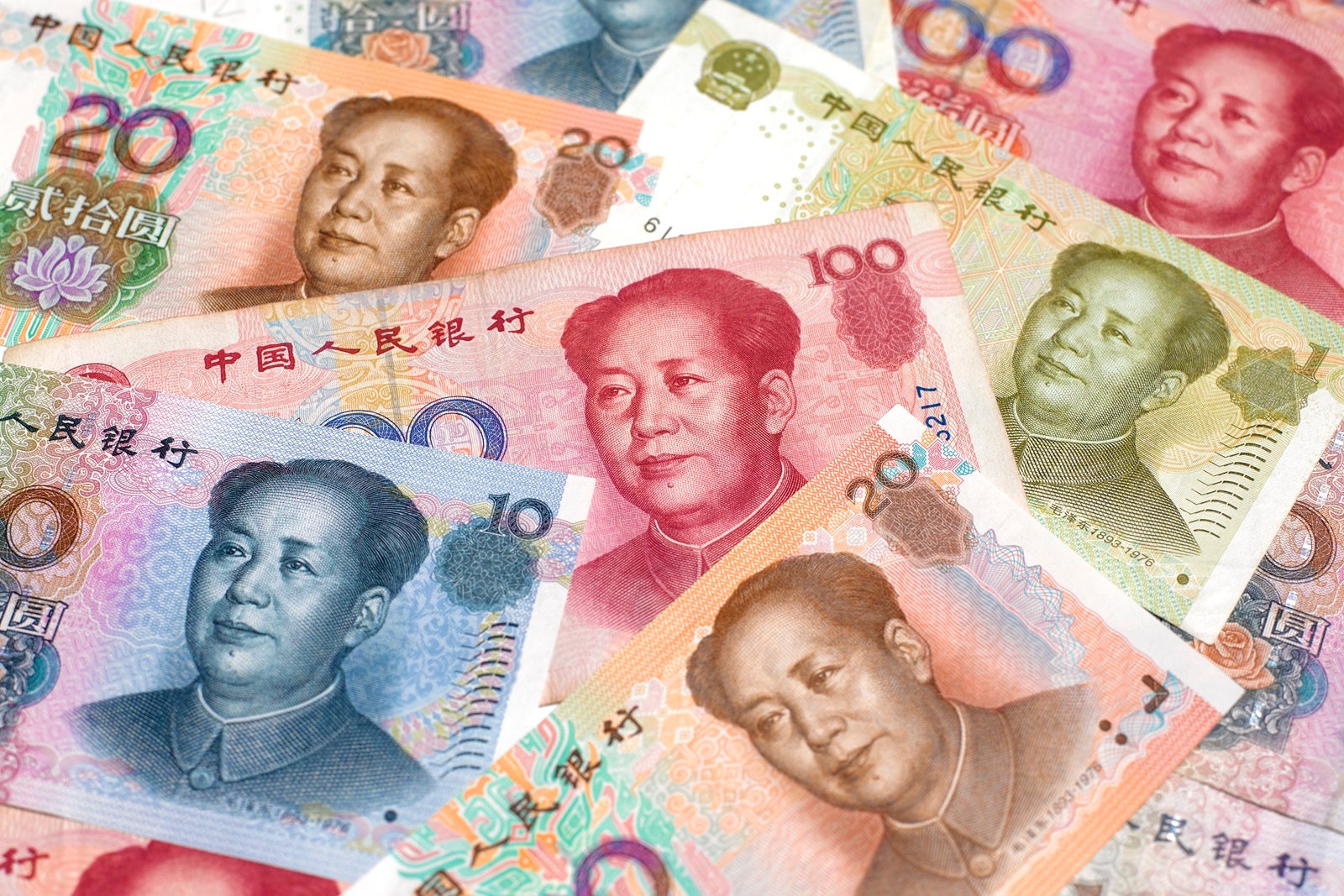Less than 24 hours before I departed for a 10-day China cruise — my first visit to the country — I decided to take the trip without a phone.
I don’t mean that I took it with me but kept it turned off or bought a burner phone as a backup. I was completely phoneless for 12 whole days (the cruise plus two travel days).
Why would I do such a thing? To bypass what’s known as the Great Firewall of China, many travelers recommend installing a VPN on your phone. While I was researching the best VPN services, I came across multiple threads discussing why it’s not smart to bring your everyday cellphone to China. Nervous about cybersecurity — or a rumored lack thereof — I decided to leave my cellphone at home.
What began as a precaution and a hassle ultimately helped me to disconnect in a way that I’ve not been able to before during a trip. It broke my phone addiction and turned into a welcome lesson in showing up, staying in the moment and reminding myself that I’m resourceful, even when I don’t have apps and answers immediately at my fingertips. Here’s how I prepared to tackle this low-tech experiment and what I learned in the process.
Resourcefulness: How I prepared
In a last-minute bid to brace myself for international travel without a phone, I made a list of all the functions it regularly performs — and then found alternatives to bring instead.
First, I made sure to pack a watch so I’d be able to tell the time. Then I picked up a cheap audio recorder (something I needed for work) at Best Buy. Knowing I’d have to document my trip, I charged up a digital camera I hadn’t used in a decade and unearthed my nearly 20-year-old iPod Nano (and headphones with wires) so I’d have music for my almost 20-hour flight. Then, I packed books to read, along with some crossword puzzles, in case my seatback didn’t have movie options.
I also double-checked that my TSA PreCheck information and credit card were linked to my airline booking before leaving my phone behind. I printed my trip itinerary, flight information and list of commonly used Chinese phrases. I brought handwritten notes and other hard copies of information for the articles I had to write on the plane.
Because I chose to order a ride to the airport instead of paying for 12 days of parking, I prebooked an Uber to take me to Newark International Airport (EWR). Knowing I wouldn’t have my phone on me, I made sure to have enough cash to tip my driver so he wouldn’t have to wait almost two weeks until I returned home to do it on the app.
I also had to think about how I’d get back home after my return flight at the end of the cruise. I verified that, if you have your login information, you can call an Uber from a computer, which is what I did, using my work laptop (which I had to bring with me). I figured if it didn’t work, I’d pay the higher cost of a taxi.

Daily Newsletter
Reward your inbox with the TPG Daily newsletter
Join over 700,000 readers for breaking news, in-depth guides and exclusive deals from TPG’s experts
For safety, I also shared the location of one of my Apple AirTags with a family member and kept it with me as I made my way through China.
With all of this preparation in place, I crossed my fingers and hoped for the best.
Anxiety: the experiment begins
The Uber for my 6:30 a.m. flight arrived at 3:15 a.m., as scheduled. When the driver pulled into my driveway, I left my phone inside but not before sharing the ride location with a friend so they could track it — something I always do for safety when I use ride-hailing services. At the end of the ride, I thanked my driver, tipped him in cash and explained that I didn’t have my phone on me but would rate him when I returned from my trip.
As is standard practice for certain international itineraries, United Airlines wouldn’t let me check in online ahead of time because someone had to verify my China visa. When I went to the desk at the airport, I received printed boarding passes, which I used to board my flights without access to my phone and the United app.
Because I couldn’t use my usual apps, I also had to ask at the check-in desk about the availability of lounges. (I discovered there was no United Club lounge in my terminal for my return flight from San Francisco, and because I wasn’t traveling with my Platinum Card® from American Express, physical Priority Pass card, or phone in order to access the Priority Pass app, I couldn’t use the Priority Pass lounge, either.) Enrollment is required.
The cruise line arranged for transfers for all passengers from the airport to the ship, so I had transportation secured prior to landing. (Thankfully, my guide was easy to find because I wouldn’t have had a way to contact her otherwise.)
Once on board my ship, I couldn’t use the cruise line’s mobile app to view daily activities, so I was glad that my room steward left printed copies in my cabin each evening for the following day. I also had to call the front desk to set wake-up calls each night before going to bed.
Throughout the sailing, I quickly realized that carrying all of the items my phone usually replaces was a bit cumbersome. In addition to my digital camera and voice recorder, I was forced to carry a notebook because I couldn’t access the Notes app on my iPhone.
It was also weird not being in constant contact with everyone back home. The 12-hour time difference between the U.S. and China would have made staying in touch difficult anyway, but there were so many times I saw something new, fascinating or unexpected that I wanted to share with my friends or family and couldn’t.
Initially, I was anxious about leaving my phone behind, especially while in transit from my home to the ship. I’m grateful that everything went smoothly, which made the transition much less stressful.
Frustration: The biggest hurdles
The hardest part by far, at least for the first few days, was the frustration of not having my phone to use as a crutch for fidgeting during downtime — when I was standing around waiting for the United Club to open at 5 a.m., while I was at the gate with time to kill before boarding or on the coach transfers between the airport and the ship or on the way to shore excursions.
Before my outbound flight took off, when everyone on the plane was searching for a passenger who allegedly snuck a dog on board, I really missed my phone. Under normal circumstances, I would have posted about the dog hunt immediately on social media, but of course, this wasn’t normal.
In China, where people rarely speak English — even in major cities — and you’re unlikely to find signs that use the Latin alphabet, a translation app would have been immensely helpful. Additionally, I’m used to striking out on my own in port to explore, but because I don’t speak or read Chinese and didn’t have a phone with a map app, I found myself sticking closely to the tours offered by my cruise line instead.
But the biggest annoyance was my lack of ability to pay for anything extra. I had a small amount of Chinese currency that I bought from a friend who traveled to China about a month before I did. I saved it for tour guide tips, but it didn’t last very long. I was hoping to get cash on my ship, but it wasn’t possible on this cruise.
I didn’t bring my bank card with me, so I couldn’t use any of the local ATMs. I didn’t want to do a cash advance with my credit card (and I’m not sure it would have worked there anyway), and it’s uncommon for Chinese stores and vendors to accept Western credit cards. Without my phone, I couldn’t use WeChat Pay or Alipay — the two most common forms of payment for Chinese locals. The result was I couldn’t purchase souvenirs or food in port, beyond what was included with the shore excursions I booked. In that way, I felt like I missed out.
When I landed in Newark after my return flight home, I deployed my “call an Uber from the laptop” plan; it would have been simple, except it took me a few tries to verify my identity since I had no phone for a text confirmation and no access to my personal e-mail.
Once the Uber was called, I tried to wait outside, but the airport’s Wi-Fi was so weak that I lost the connection. I had to go back inside to reconnect to see when my driver was arriving. When he was 1 minute away, I made my way to the doors and darted outside, juggling my luggage and my open laptop, when I spotted him.
For the first few days of the trip, I felt lost without my phone and the ability to instantly find answers and share information. Eventually, though, I grew to enjoy the freedom that phonelessness brought with it.
Mindfulness: What I learned
The entire process was eye-opening, both in a practical sense — realizing just how many individual gadgets and functions are crammed into one pocket-sized device that most of us use daily — and in a philosophical one.
In theory, cellphones save us time by eliminating extra steps — the need to go to an ATM for cash, secure a paper boarding pass, print out directions or common phrases, set wake-up calls — in our daily routines. But the time my phone saves me is often invested right back into using the phone.
Thanks to screen time reports, I’ve known for years that I spend way too much of my day texting and checking social media. In a bid to cut back, I deleted some of my social media apps, turned off alerts for others and even left my phone in a different room. But nothing worked as well as this cold-turkey method. It wasn’t the result I was expecting, but it was a happy side effect.
Most importantly, I learned that putting down my phone for several days is one of the best exercises I can do for my mental health. Without my mobile as a distraction, I could stay in the moment, pay attention to what was in front of me and worry less about sharing everything immediately. Instead of interacting with a device, I focused more intently on breathtaking views, chatting with fellow travelers to pass the time and truly enjoying the pleasure of my own company.
I ate dinner alone without scrolling through Instagram reels. I saw tea fields and temples through my own eyes instead of a phone camera lens. I wasn’t able to reply to text messages in a timely way, yet the world kept spinning.
Given these revelations, do I plan to travel internationally again without my phone? Probably not, but I’ll definitely consider turning it off more often while I’m away.
Want to know more about cruise technology? Check out these resources:





